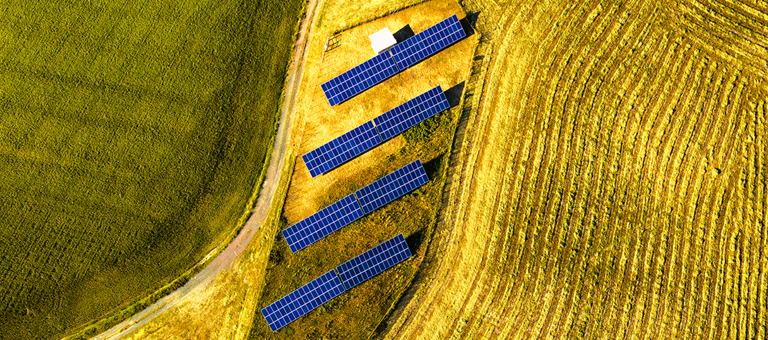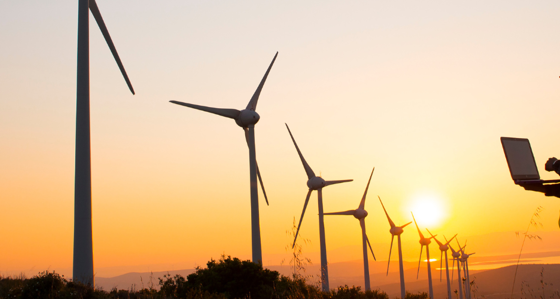
Renewable tariffs in the UK: what makes a tariff green?
14 April 2021
Over a third of households in Great Britain (GB) could be on electricity tariffs marketed as green. However, many households are confused about what it means to be on a green tariff.
There are two main ways GB electricity retailers source renewable energy: either directly through power purchase agreements (PPAs), with accompanying certificates of origin, or from the wider wholesale market, purchasing certificates separately to certify that power as renewable. The purpose of certificates is to verify the origin of renewable energy, whereas PPAs are contracts to purchase energy directly from generators.
Using data provided by a number of suppliers, this article explores differences in how suppliers justify the tariffs they market as green, and draws out the economic implications for financing of renewable generation and the green transition.
Related Insights

Synchronisation of the Baltic power system with Continental Europe opens exciting opportunities for batteries
The synchronisation of the Baltic power system with continental Europe is a significant milestone that opens exciting opportunities for batteries.
Read more
Renewables Market Scanning Report
Which are the most attractive markets for investing in renewable assets globally?
Read more
How can investors and developers capitalise on South Korea’s evolving energy market?
South Korea's energy market is transforming in line with the global shift to renewable energy.
Read more
How ‘Equipment-as-a-Service’ models unlock commercial decarbonisation
Read our latest piece, created in collaboration with Tallarna, to explore the components of an ‘Equipment-as-a-Service’ model, how they can be deployed, and how to increase take-up.
Read moreIs digital and AI delivering what your business needs?
Digital and AI can solve your toughest challenges and elevate your business performance. But success isn’t always straightforward. Where can you unlock opportunity? And what does it take to set the foundation for lasting success?